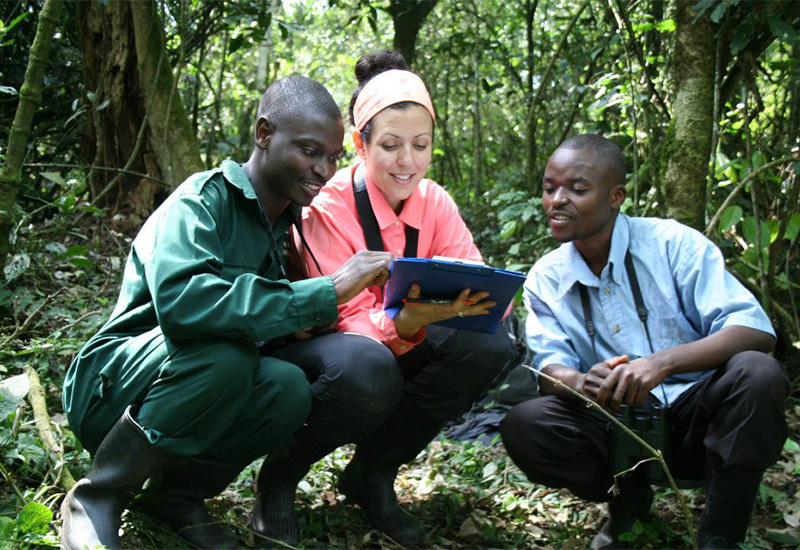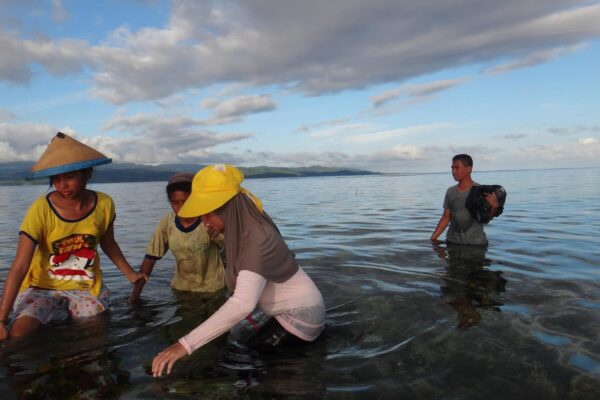While the COVID-19 pandemic continues to curtail nonessential travel, it hasn’t tamped down interest in interdisciplinary partnerships involving Washington University in St. Louis faculty and their colleagues across the globe.
Case in point: the university’s Africa Initiative recently received more than two-dozen proposals from faculty as part of its call for proposals to fund research projects on the continent. The applicant pool was so robust, the Institute for Public Health and the McDonnell International Scholars Academy boosted the number of awards available from three to eight.
“The level of interest in the Africa Initiative pilot grant program this year was very high, as was the quality of projects,” said Kurt Dirks, vice chancellor for international affairs and director of the McDonnell Academy. “While the pandemic created a temporary hurdle to international collaboration, the need for the research and the interest remained unchanged. Our faculty remain eager to partner with scholars around the globe to make important discoveries. We were pleased to award funding to faculty projects engaging collaborators in Cameroon, Ghana, Nigeria, South Africa and Uganda, and we look forward to seeing the results of these partnerships come to fruition.”

The grants, provided with support from Nestle Purina, will fund early-stage projects designed to build new collaborations with African institutions and their faculty. Winning proposals came from Arts & Sciences, the Brown School, the McKelvey School of Engineering, the Sam Fox School of Design & Visual Arts and the School of Medicine. All of the projects are interdisciplinary and address wide-ranging social and medical issues, from health literacy during the pandemic to gender-based violence to reducing dangerous human-wildlife interactions.
Krista Milich, assistant professor of biological anthropology in Arts & Sciences, and Penina Acayo Laker, assistant professor at the Sam Fox School, are collaborating with colleagues at Makerere University in Uganda to launch a community-based design research project in partnership with people who live near Kibale National Park. Their goal is to craft messages and symbols that will reinforce positive and safe human-wildlife interactions.
“The importance of collaborative research opportunities in Africa is obvious,” Milich said. “Given the current COVID-19 pandemic, which is part of a continuum of increasing rates of emerging infectious diseases of zoonotic origin, I would like to think that the whole world now recognizes the need for these types of collaborations — the importance of working together to create conditions in which there are reduced interactions between humans and wildlife and better communication about how to achieve those goals.
“Unfortunately, I think despite the global attention to this pandemic, that message has not been articulated well to the public, so I’m thrilled to be working with Penina Acayo Laker on this project and to learn these types of health communication skills from her.”
To see a full list of the funded pilot projects and for more information about them, visit the university’s global website.



